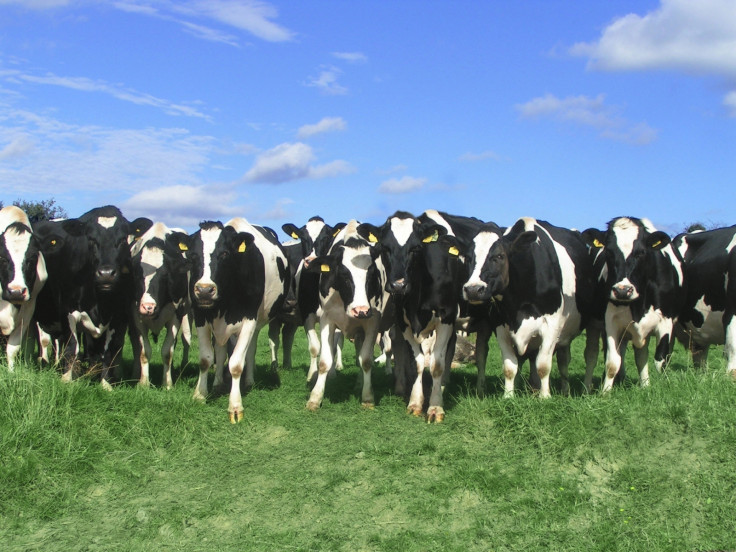Climate change clams: Baltic sea molluscs release as much greenhouse gas as 20,000 dairy cows
Oceans which contain clams and worms release 8 times more methane than those without.

New research suggests that ocean clams and worms are releasing a significant amount of potentially harmful greenhouse gases into the atmosphere.
Scientists from Cardiff University and Stockholm University have shown that these ocean creatures are releasing huge amounts of the strongest greenhouse gases – methane and nitrous oxides – from the bacteria in their guts.
The methane gas – which has 28 times more warming potential than carbon dioxide – gets released into the water and makes its way into the atmosphere, contributing to global warming.
The analysis, published in the journal Scientific Reports, showed that 10% of total methane emissions from the Baltic Sea could come from clams and worms. This is equivalent to the methane emitted by 20,000 dairy cows.
The identification of this neglected greenhouse gas source could have an impact on environmental policymakers. For example, it has been suggested that farming mussels, oysters and clams could be an effective solution against human pressures on the environment, such as eutrophication – when fertilisers are washed into natural water sources, damaging existing life.
The researchers say that the potential warming impacts should be considered before deciding whether to promote shellfish farming in large tracts of ocean.
"What is puzzling is that the Baltic Sea makes up only about 0.1% of Earth's oceans, implying that globally, apparently harmless bivalve animals at the bottom of the world's oceans may in fact be contributing ridiculous amounts of greenhouse gases to the atmosphere that is unaccounted for," said Ernest Chi Fru, co-author of the study from Cardiff University's School of Earth and Ocean Sciences.
Lead author of the study Stefano Bonaglia, from Stockholm University, said: "It sounds funny but small animals in the seafloor may act like cows in a stable, both groups being important contributors of methane due to the bacteria in their gut.
"These small yet very abundant animals may play an important, but so far neglected, role in regulating the emissions of greenhouse gases in the sea."
The results showed that sediments containing clams and worms increased methane production by a factor of eight, compared to completely bare sediments.





















